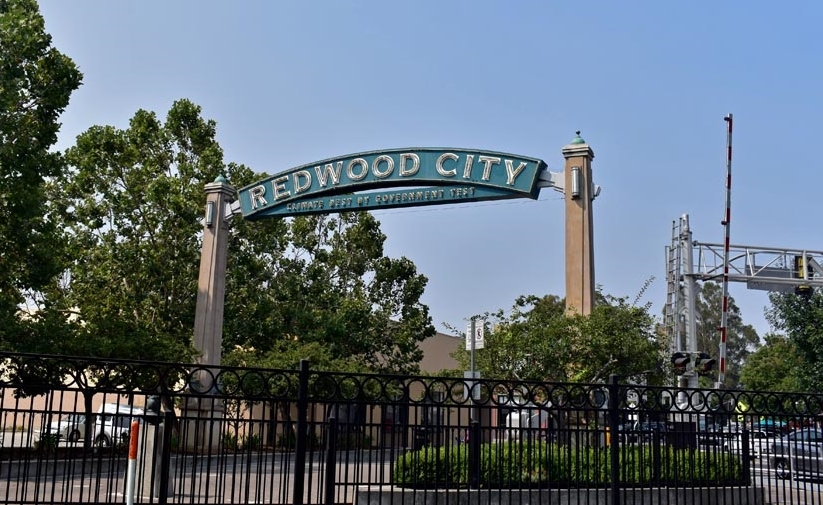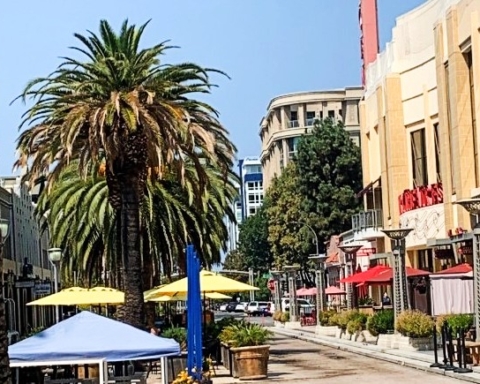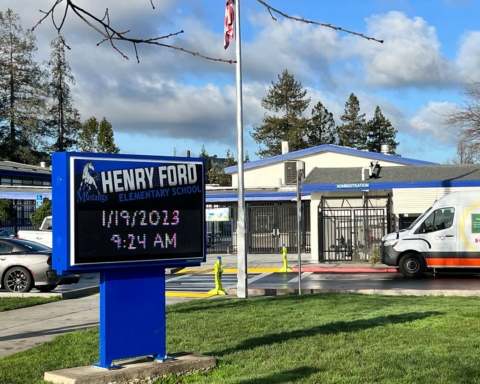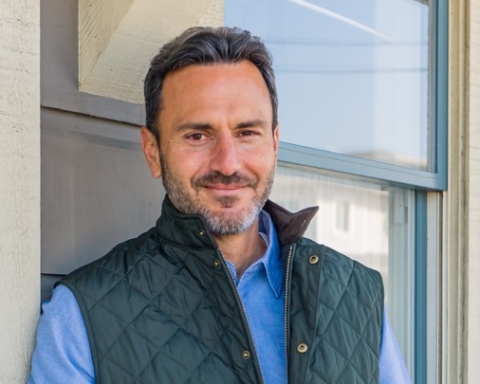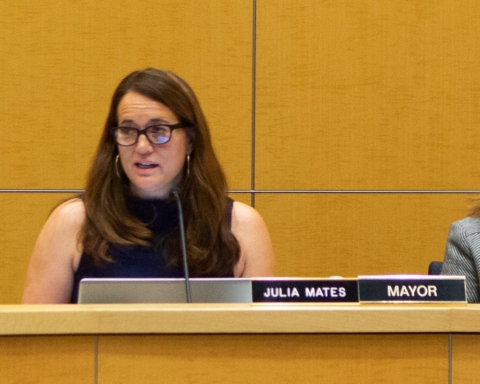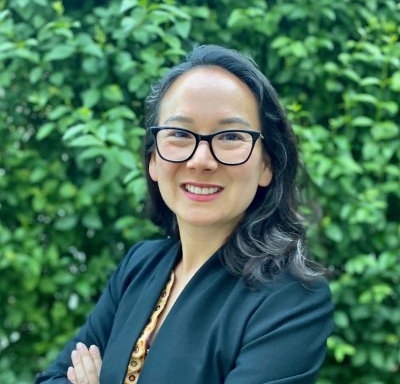It is likely that decades from now, 2020 will be seen as a year when everything changed in Redwood City politics. Perhaps more than any election anywhere – here or across the country – the outcome of the Redwood City Council election was transformative, as sweeping as it was swift.
For the first time, a majority of the council represents the full spectrum of the city’s residents — four seats held by people of color with the return of Jeff Gee and Alicia Aguirre and the arrival of newcomers Michael Smith and Lissette Espinoza-Garnica. And, in the case of the latter two, it’s the first time the council has had two members who openly identify as gay or nonbinary.
It would not have happened without the city’s move to district elections. In a citywide race, Gee might not have not run – a decision he made in the last citywide election in 2018 — and it’s impossible to imagine Espinoza-Garnica winning citywide.
This has caused grumbling among the mainliners of the status quo, of course. There has been some online complaining from the usual suspects that the city should have fought the threatened lawsuit that prompted the creation of districts and cleared the way for the election of Smith and Espinoza-Garnica, each of whom represents minority-majority districts, and Gee, who represents a district that is substantially Asian-American.
This is what happens when the establishment loses power to a new reality, and my response to the complaints is: Tough.
We have just elected the first woman Vice President, the first South Asian-American Vice President, the first African-American Vice President. Change is coming to America. Too slowly, for some, too radically for others, too frighteningly for still others. But inevitably.
Kamala Harris represents a rising generation of young and younger Americans who will be diverse in background and ethnicity and who will see their world and the future in different ways that will break the longstanding white male dominance of this nation.
Redwood City is at the cutting edge of that change – ahead of California, ahead of America. The move to district elections, regardless of why or how, was the right thing to do.
PRACTICAL POLITICS: Two of the city’s contested seats went as could have been expected. Gee, long a denizen of Redwood Shores, easily won a new term on the council in the face of a credible challenge from Planning Commissioner Nancy Radcliffe. And Aguirre, deftly deploying all the advantages of incumbency, staved off a vigorous challenge from retired police officer Chris Rasmussen in the Farm Hills district. It is likely Rasmussen will remain a force in the community and this race may well set him for another race in the future.
The stunner was the defeat of incumbent Janet Borgens in Friendly Acres by Espinoza-Garnica. Borgens deep ties to the area looked like enough of an insurance policy against an unknown, inexperienced challenger in Espinoza-Garnica. But the pandemic clearly crimped Borgens’ campaign effort, while Espinoza-Garnica charged ahead, raising money and identifying and getting to the polls a new wave of voters. It is worth noting that turnout in this district was half that of the other districts – to the benefit of the challenger.
The new majority promises to be fascinating to watch. Espinoza-Garnica is a full-throat progressive who advocated abolishing the police. With housing and development still the dominant issues, voters elected councilmembers who were the object of dismay and unhappiness by the no-growth element of the city.
This ought to be fun.
SPOILERS: By the way, there also are those who say Mark Wolohan took votes away from Rasmussen and helped Aguirre win and, similarly, Isabella Chu took votes from Borgens and helped Espinoza-Garnica win. How do we know it’s not the other way around and Rasmussen prevented Wolohan from winning? The answer is that we don’t and to label Wolohan and Chu as spoilers is to a disservice to their candidacies.
CH-CH-CH-CHANGES: It was a meaningful election for Rainbow politics. In addition to Smith and Espinoza, another openly gay candidate, James Coleman took out well-regarded incumbent Councilman Rich Garbarino in South San Francisco. … The ease with which appointed incumbent Councilwoman Amourence Lee turned back challenger Lisa Diaz Nash also speaks to the changing politics dynamics in San Mateo. Nash was heavily backed by development interests who saw Lee as a too-progressive outsider. Measure Y, the extension of San Mateo’s height limit, was losing as of this writing, but it was still too close to call and if it passes it will have a razor-thin margin – another sign attitudes are changing in San Mateo.
WELL, NO, NOT QUITE: In my last pre-election column, I made a number of guesses, and, boy, was I wrong – particularly about how well Espinoza-Garnica would do, the Lee-Nash race and the race for a San Mateo County Community College seat between incumbents Maurice Goodman and Dave Mandelkern, won by Goodman. I said Joe Biden would win a landslide and that it would be evident on election night, although I did hedge that one a bit.
The normal post-election news media analysis would be to say these outcomes were a surprise. But just because it’s a surprise to me doesn’t mean it’s a surprise to the candidates.
Yes, some races are still too close to conclude. But look at the trend lines. If the other guy’s lead is growing, that’s a bad sign.
MOVING ON: The ideal outcome of 2020 would be for everyone to take a deep breath, let it out slowly, take a look around and get new bearings.
I’d like to see those in the political arena engage each other over honest differences and stop this constant wave of suspicion and cynicism that seems to dominate our public discourse.
What brings this to mind was a late complaint from the Yes on Y forces in San Mateo that a mobile vote center had been placed at Hillsdale Shopping Center, which is owned by the Bohannon Company, a major backer of rival Measure R. “Is this one more thing that big money can buy in this election? Shameful!” went the complaint. Well, it didn’t work, as Measure R was thoroughly trounced. Hillsdale Shopping Center is a community gathering place, which is where a mobile vote center should go. The dang thing wasn’t plastered with Yes on R stickers. It just sat there, like the inanimate object it was.
Not every action warrants outrage or suspicion. Really.
The opinions expressed in this column are the author’s own and do not necessarily reflect the views of Climate Online.

